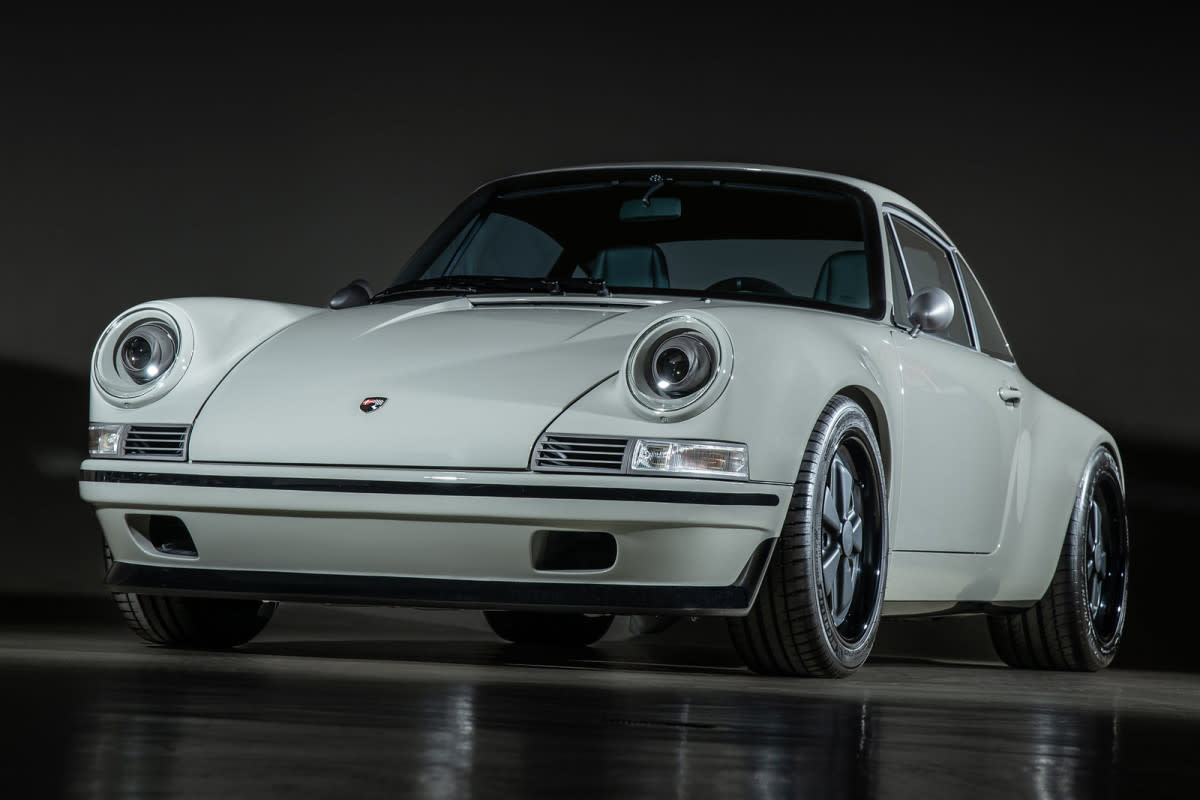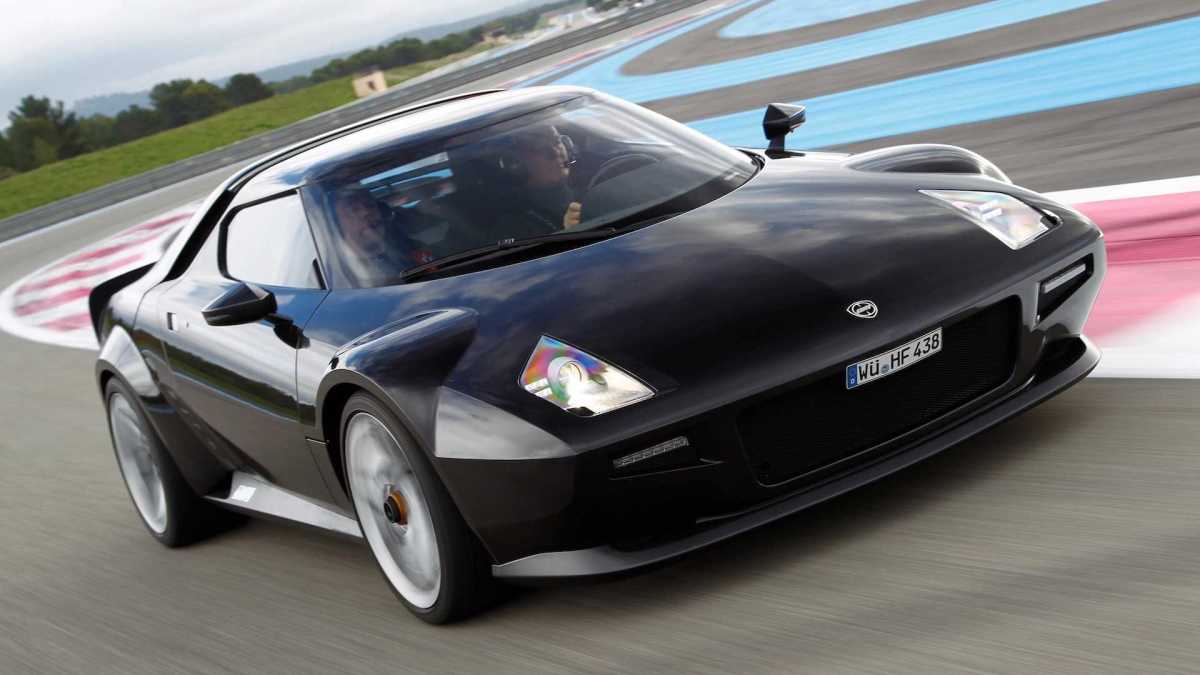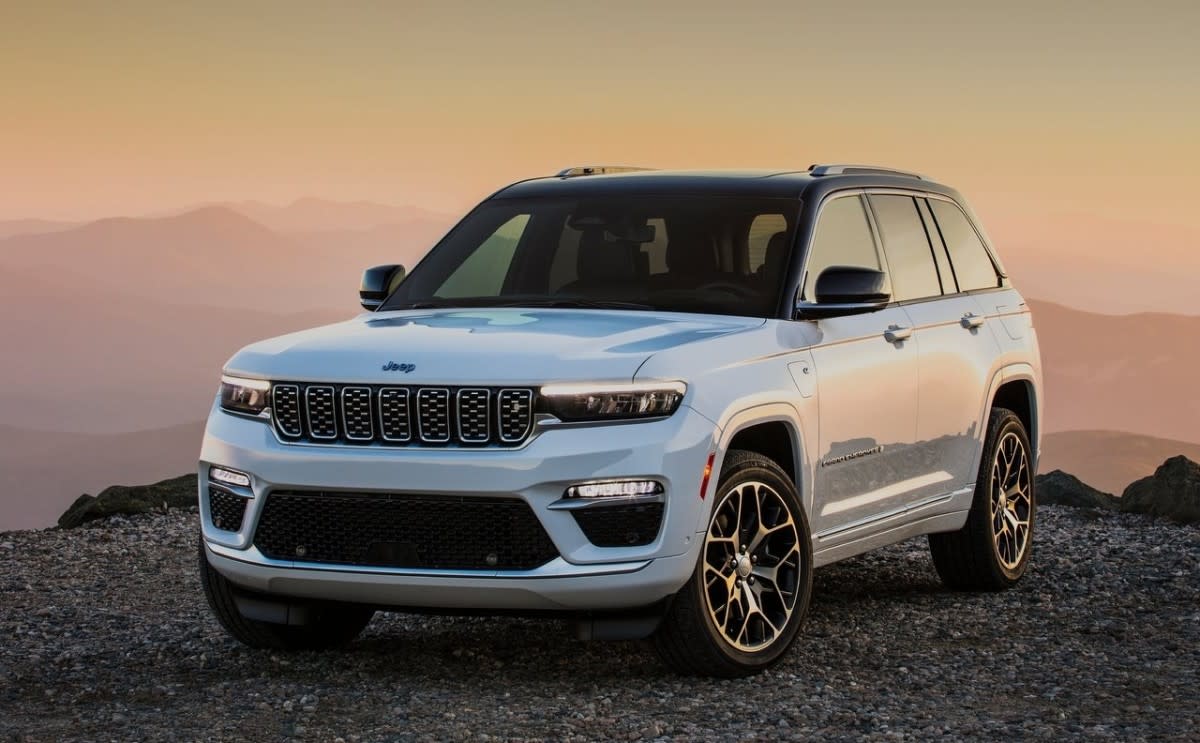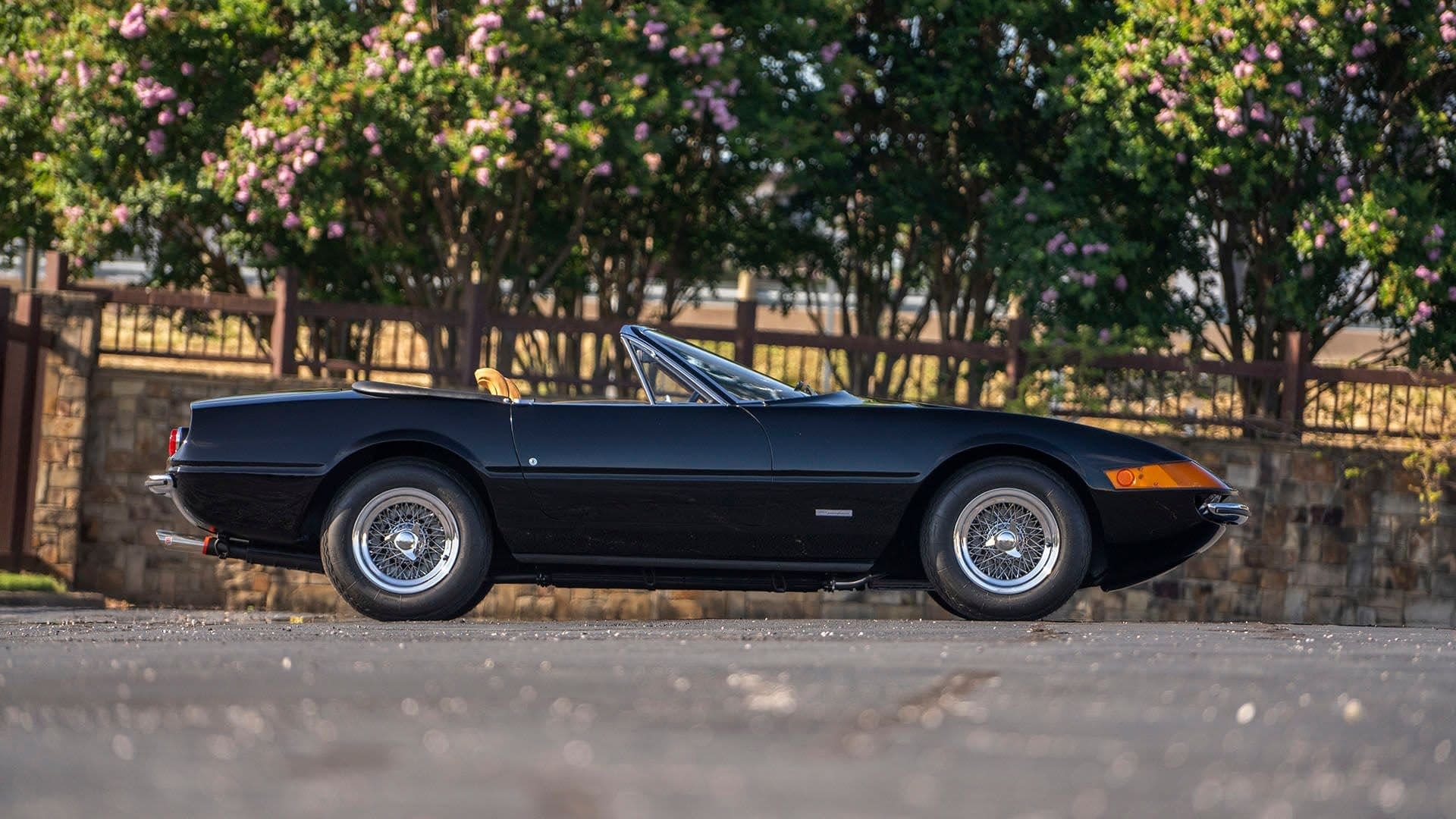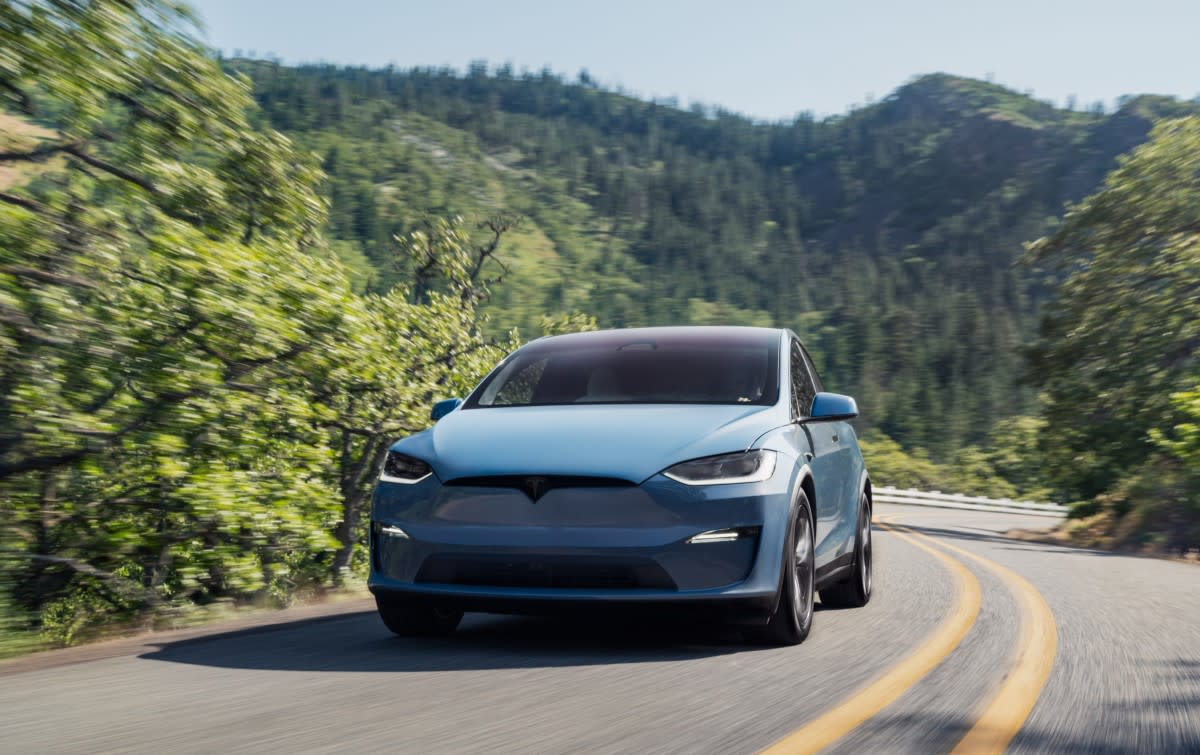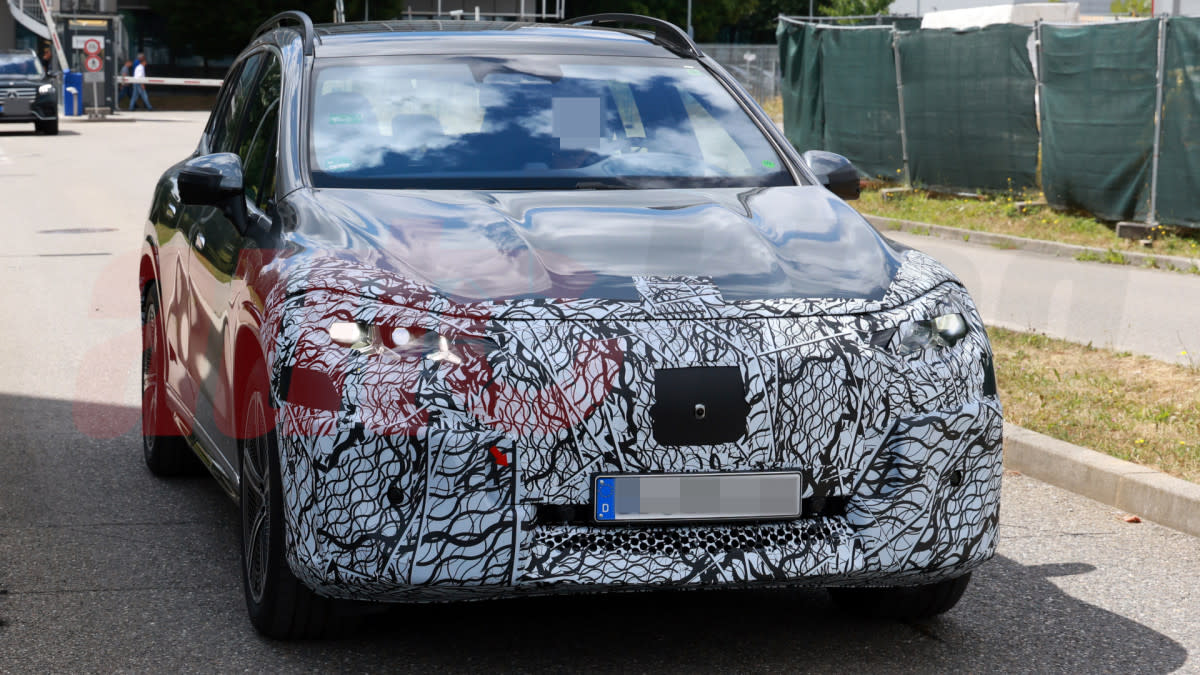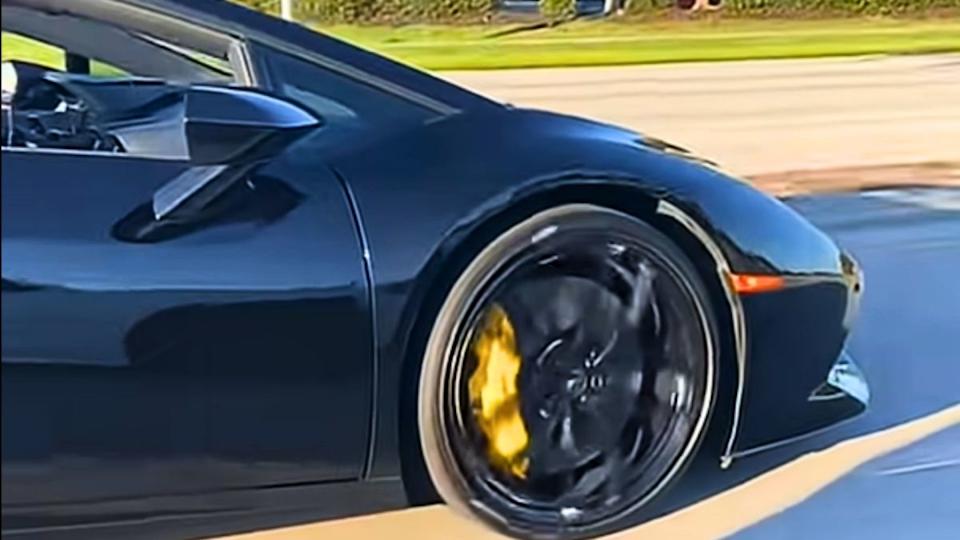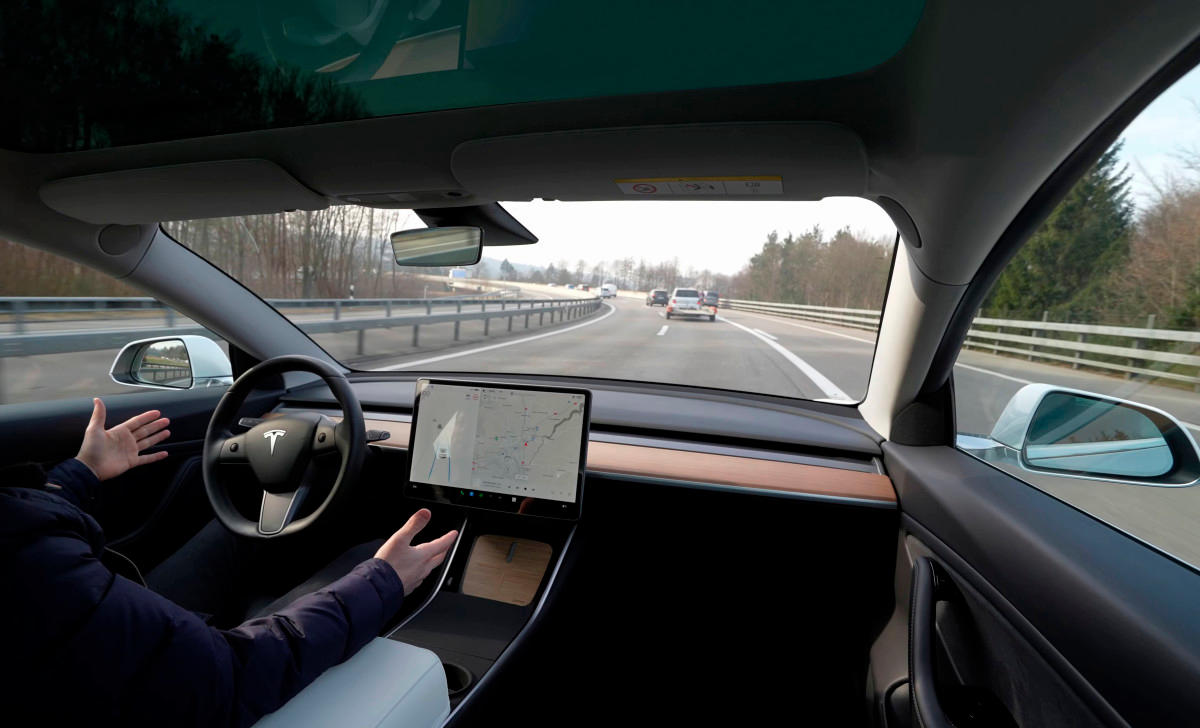
Have Cars Lost Their Appeal for Gen Z Drivers? originally appeared on Autoblog.
Gen Z drivers are stressed, but not ready to hand over the wheel
Gen Z may be known for embracing innovation, but when it comes to cars, they’re hitting the brakes. A new survey by Insurify found that while 93% of Gen Z drivers report stress behind the wheel, nearly two-thirds aren’t ready to give up control to a self-driving car. Most still prefer a human — ideally themselves — in the driver’s seat.
That statistic reveals a deeper generational shift. Cars were once symbols of freedom and independence. For Gen Z, they’re often expensive necessities, fraught with financial pressure, safety concerns, and the constant distraction of life in the digital age. They may be the most tech-savvy generation yet, but that doesn’t mean they’re eager to trust a machine to navigate traffic or make life-or-death decisions at 70 mph.
Insurify’s survey, which polled 1,002 Americans between the ages of 22 and 28, paints a complex picture: Gen Z drivers are cautious, cost-conscious, and skeptical of automotive hype. They’re open to electric and autonomous technology, but only if it makes sense financially and earns their trust on the road.
Distracted, anxious, and still driving anyway
Even though reckless drivers top the list of Gen Z’s biggest stressors, that hasn’t stopped many from contributing to the chaos themselves. A striking 68% of Gen Z drivers admit to distracted driving behaviors related to texting, even as they worry about the very dangers such habits cause. Forty percent of respondents said they fear injuring someone else while driving, and 52% of those who said they’d reply to a text while behind the wheel also named reckless drivers as a key source of stress.
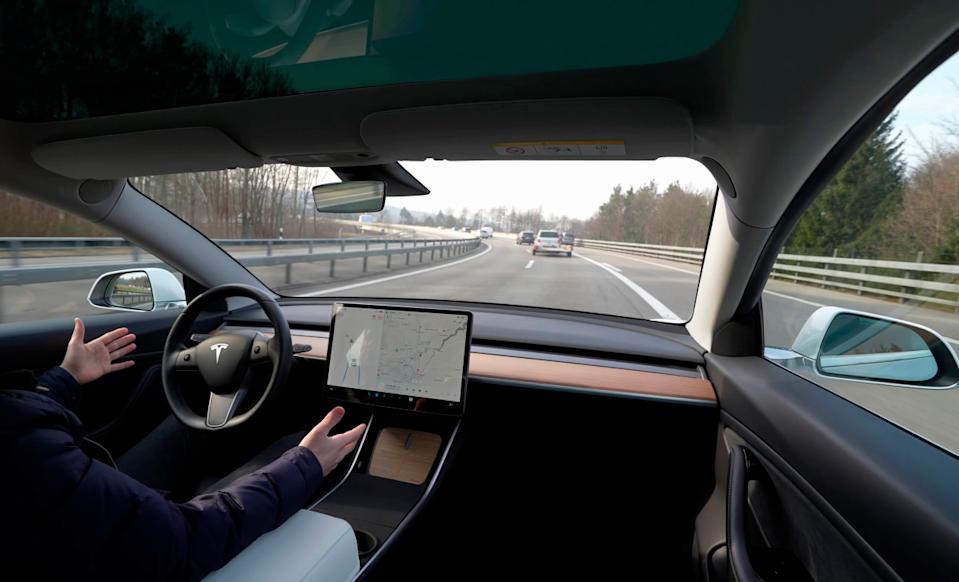 Close-up of a Tesla Model 3 driving down a highway on autopilot.Aranga87/iStock Editorial via Getty Images
Close-up of a Tesla Model 3 driving down a highway on autopilot.Aranga87/iStock Editorial via Getty ImagesThis isn’t just a case of do-as-I-say hypocrisy. It’s a window into a generation raised on multitasking, used to constant connectivity, and navigating a culture where glancing at a phone feels second nature. Research from Cambridge Mobile Telematics found that drivers aged 18 to 29 are 68% more likely to use FaceTime while driving compared to the general population.
Advanced safety technology in cars, like lane-keeping assistance and automatic braking, was intended to help reduce accidents. But in some cases, it may be making drivers more comfortable with risky behaviors. The Insurance Institute for Highway Safety found that the more drivers rely on these systems, the more likely they are to multitask or take their eyes off the road. In a sense, technology is enabling the very behavior it’s meant to prevent.
Gen Z doesn’t trust self-driving cars, at least not yet
Despite their high stress levels and digital fluency, Gen Z is far from sold on autonomous vehicles. According to the survey, just 17% said they’d be willing to buy a self-driving car. Another 7% said they dislike driving and would gladly let the car take over, but the vast majority either don’t trust the technology or don’t know enough about it to feel safe.
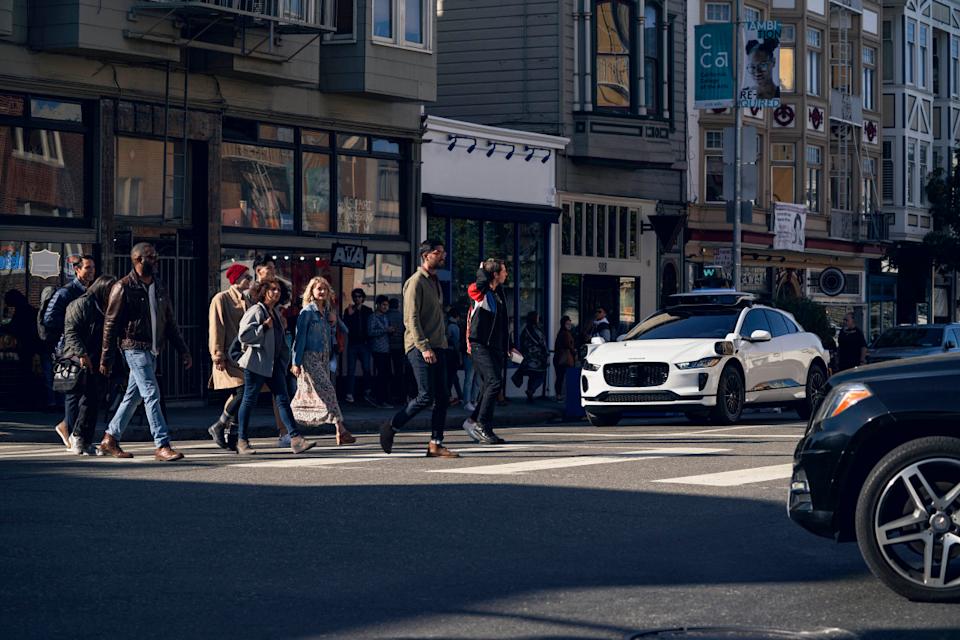 A Waymo car stopped in front of a crosswalk Waymo
A Waymo car stopped in front of a crosswalk WaymoConcerns range from technical glitches to cybersecurity risks. One respondent summed it up bluntly: “I don’t like that someone can hack them if they want to.” Others pointed to the still-spotty safety record of autonomous vehicles. Recent high-profile issues with Tesla’s robotaxi rollout in Austin have only deepened skepticism, even as companies like Waymo expand into cities like Los Angeles, Atlanta, and San Francisco.
Interest varies by geography. Gen Zers in places like New York, Georgia, and Florida were more likely to say they’d consider buying a self-driving car. But even in those states, the tech has yet to win widespread trust. In New York, self-driving vehicles remain illegal for now, although legislation to change that is under consideration in the state senate.
EVs are popular, but Gen Z won’t pay extra for them
While Gen Z’s hesitation about self-driving tech stems from safety concerns, their relationship with electric vehicles is more about dollars and cents. This generation is more environmentally conscious than any that came before, but that doesn’t mean they can afford to stretch their wallets for sustainability.
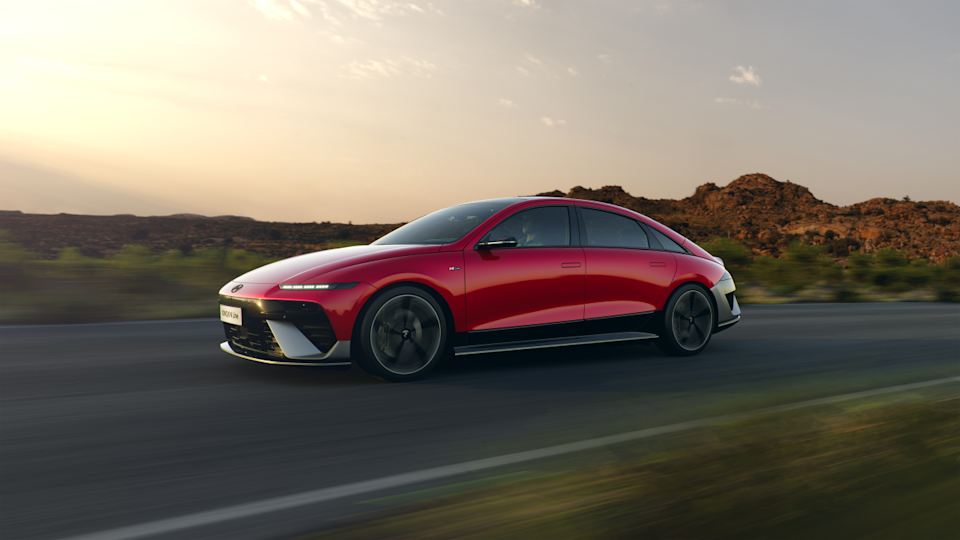 2026 Hyundai IONIQ 6 N LineHyundai
2026 Hyundai IONIQ 6 N LineHyundaiThe Insurify survey found that 44% of Gen Z drivers said the recent elimination of the federal EV tax credit would affect their decision to buy an electric vehicle. Some 18% said they would reconsider purchasing an EV without the credit, while 11% said they simply wouldn’t buy one at all.
Given how much more it costs to own and insure an EV, those numbers aren’t surprising. On average, Gen Z drivers pay $5,328 per year to insure an EV — nearly $2,000 more than the cost to insure a gas-powered car. Although EV prices have been falling, they’re still often priced above comparable gas-powered vehicles. In May 2025, the Tesla Model Y — one of the most popular EVs — was about $5,000 more expensive than the industry-wide average for a new car.
Regional differences play a role, too. Gen Zers in the Northeast and West were more likely than those in the Midwest and South to say the tax credit would influence their buying decision. That could reflect broader EV adoption trends in states like California, Oregon, and New York, where public charging infrastructure is stronger and incentives are more robust.
So what are Gen Z drivers buying?
Despite their digital savvy and climate concerns, most Gen Z drivers aren’t in Teslas or EV startups. According to Insurify’s data, their top three most popular vehicles are the Honda Civic, Honda Accord, and Toyota Camry — all compact, fuel-efficient sedans that offer hybrid options and relatively low insurance premiums.
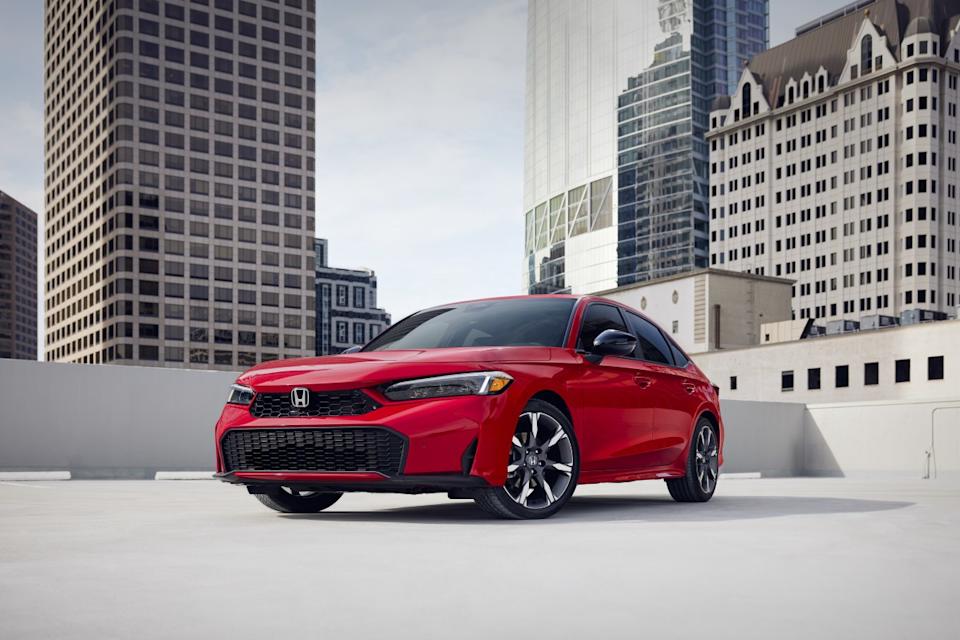 2025 Honda Civic SedanHonda
2025 Honda Civic SedanHonda These aren’t the cars of flashy social media influencers or high-end tech launches. They’re affordable, reliable, and practical, the kind of cars that get you from point A to B without breaking the bank. In a time when many young adults are struggling with student loans and high rent, it’s no wonder these modest models dominate the Gen Z garage.
This choice speaks volumes about what Gen Z values in a car: cost, efficiency, and dependability. EVs and self-driving cars may represent the future, but right now, most Gen Z drivers are focused on simply getting through the present.
Final thoughts
It would be wrong to say Gen Z has fallen out of love with cars entirely, as most still own or lease one, but the emotional attachment has faded. Driving isn’t a source of freedom or status for this generation — it’s a source of stress, responsibility, and risk.
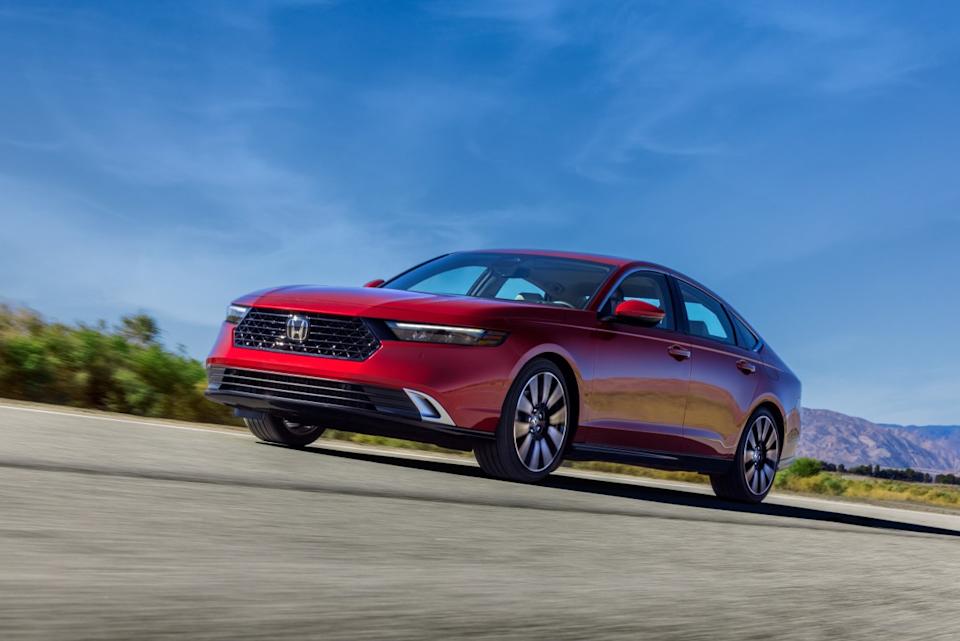 2023 Honda Accord TouringHonda
2023 Honda Accord TouringHondaWhile they’re not yet ready to let go of the wheel, they’re also not rushing to upgrade for the sake of novelty. Trust matters, and affordability matters even more. That’s why Gen Z is slow to adopt self-driving cars, hesitant about EVs without financial incentives, and largely sticking with compact, fuel-efficient vehicles with proven track records.
What’s emerging is a more cautious, grounded relationship with driving, one that prizes value over flash, and control over convenience. As carmakers push forward with futuristic concepts, they’d be wise to keep an eye on what this generation is actually asking for: safety, affordability, and a little less stress on the road.
Have Cars Lost Their Appeal for Gen Z Drivers? first appeared on Autoblog on Jul 25, 2025
This story was originally reported by Autoblog on Jul 25, 2025, where it first appeared.






